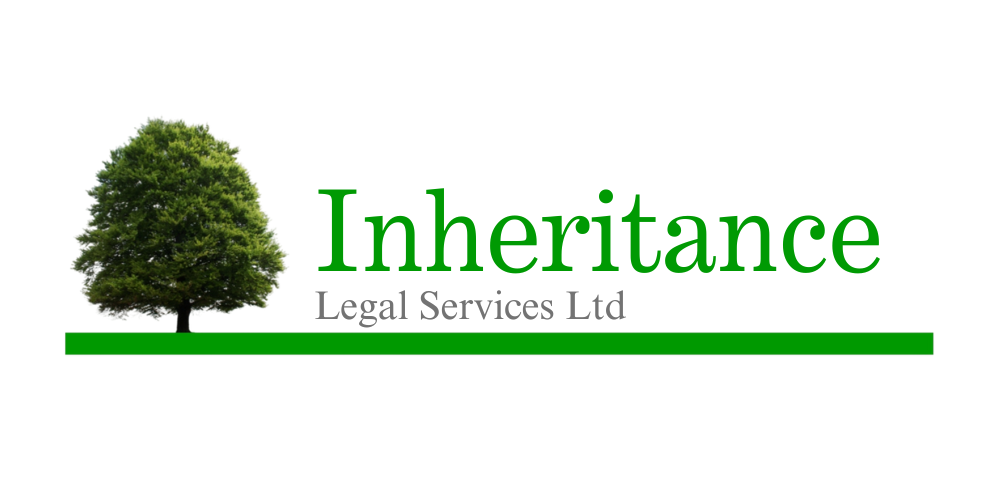When purchasing your house, as a couple, you will own the property jointly together or as tenants in common…but what is the difference?
Jointly
If you own your house together jointly this means that when one of you dies the remaining spouse/ partner will receive the whole house in their name. This means under the surviving spouse/ partner’s Will they can leave the property to who they wish. This can be a dangerous situation, especially if you are in a second marriage with children from previous relationships. I will show an example below.
Example: Mr & Mrs Smith own their house jointly, they each have one child from a previous relationship and no children together. Mr Smith dies and Mrs Smith now becomes the sole owner of the property. Some years later Mrs Smith makes a Will and decides that she wants to leave her whole estate (including her property) to her only child – leaving Mr Smith’s child to receive nothing.
In the above example we are sure that Mr Smith would have wanted his child to receive some of his property that he had worked hard for! – So there is a solution, by owning it as tenants in common.
Tenants in Common
By owning your house a tenants in common you would both own your property as a 50% share each for example, meaning in your Wills you can specify who is to get your 50% share of the property when you pass away. Within your Wills you would include a ‘Life Interest’ for the surviving spouse/ partner to live in the property for as long as they would like. The surviving spouse/ partner would be free to move house and downsize (or upsize) if they wished. Another great benefit to this way of ownership is that at least a 50% share of the property is protected against certain scenarios, I will show one example below.
Example: Mr & Mrs Smith own their house as Tenants in Common, they each have a child from a previous relationship and no children together. They both do Wills with a Life Interest in each Will to allow the surviving spouse to live in the property for as long as they need to, and they each name their respective child as the beneficiary of their own 50% share of the property. Mr Smith dies and the Life Interest in his Will is established to allow Mrs Smith to live in the property for as long as she wishes, whilst also protecting Mr Smith’s 50% share of the property for his child until Mrs Smith dies. Some years later, Mrs Smith meets someone new and decides to leave her estate to her new partner (including her 50% share of the property) and by having the house as tenants in common this means that this would still not effect Mr Smith’s child receiving her 50% of her late fathers property. A year later Mrs Smith dies and so the Life Interest finishes meaning that Mr Smith’s 50% share of the property goes to his child and Mrs Smith’s 50% share goes to her new partner, as she intended.
The above is just one of many examples of why it can be more beneficial to be owners as tenants in common over joint owners. For even more examples, please contact us to find out more.
How do I find out how I own my property?
If you are unsure as to whether you own your property as Tenants in common or joint owners, we can do a check for you on the Land Registry’s website. Please contact us to find out more.
Can I change my ownership to Tenants in Common?
Yes, we can help you do this as part of the service we offer and we would arrange all the paperwork to be sent on to the Land Registry on your behalf.
To find out more about any of the above, please call us on 0800 170 0475.
Thank you for taking the time to read this article, remember any questions you have please feel free to speak to a member of our friendly team 🙂

